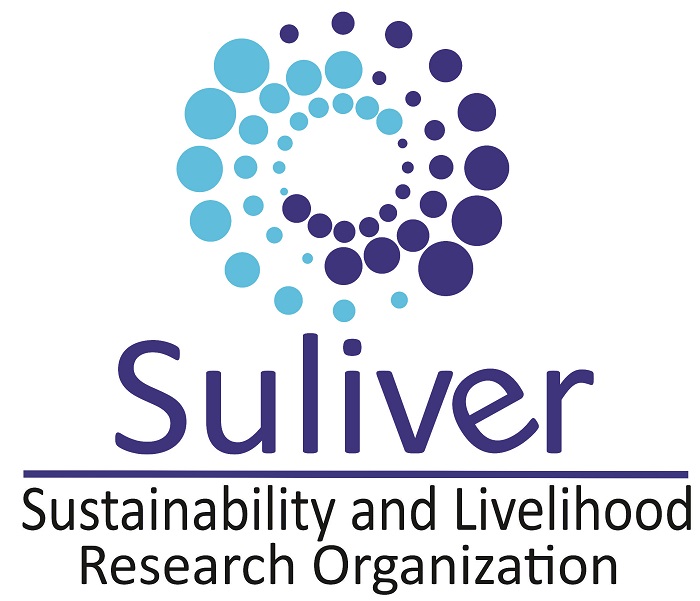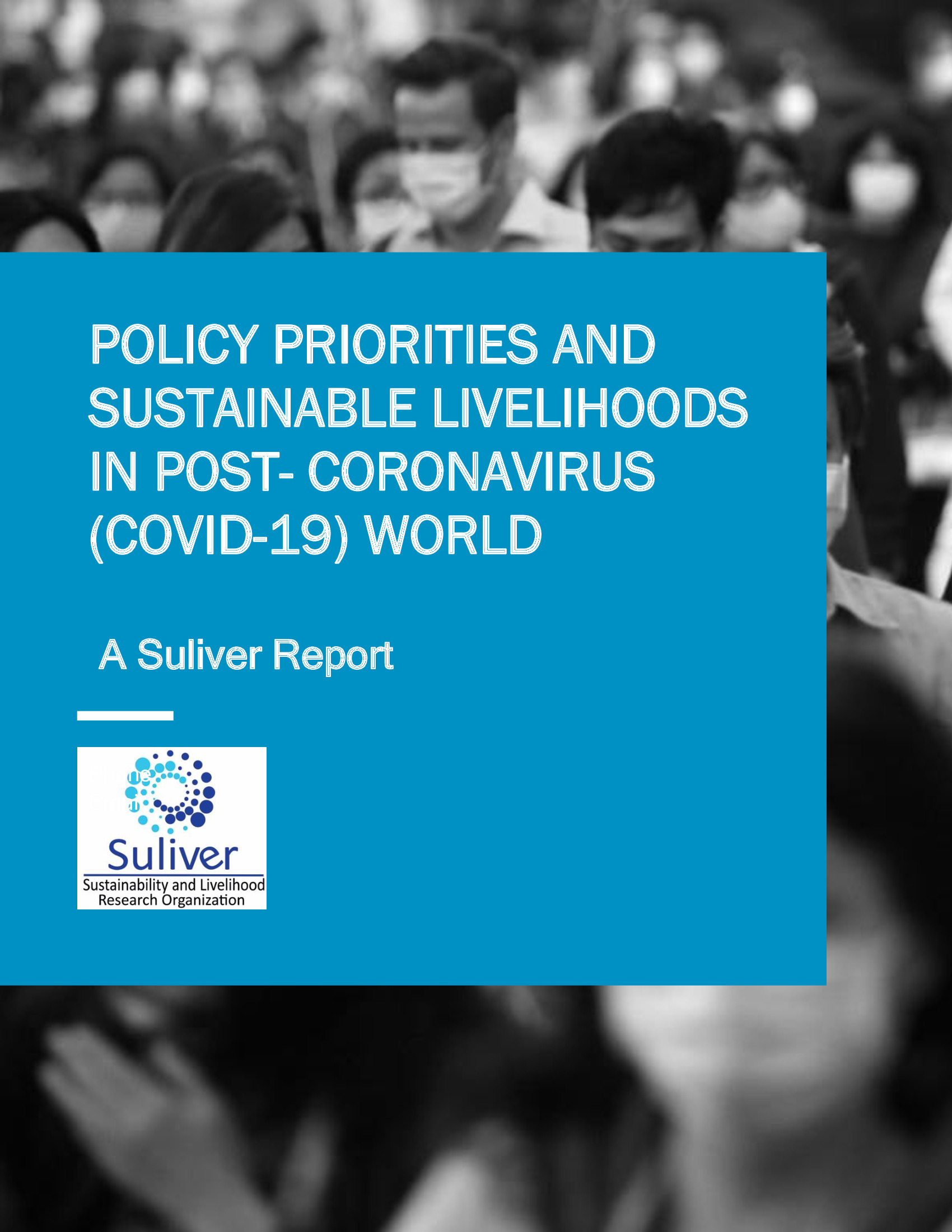POLICY PRIORITIES AND SUSTAINABLE LIVELIHOODS IN POST- CORONAVIRUS (COVID-19) WORLD
The outbreak of the Coronavirus (COVID-19) has caused increased vulnerability and unprecedented shocks in both rich and emerging countries around the world. Strategies designed to curtail the rapid spread of the virus, such as lockdown of communities, and stay-at-home orders, have disrupted supply chains, thereby resulting in a global economic recession.
Countries need to rebuild livelihoods after the pandemic. Mapping the features of each economy and risks associated with a pandemic will enhance a country’s ability to handle public health emergencies. This policy will also allow governments and development agencies to understand existing vulnerabilities in communities and use such knowledge in subsequent policymaking and project designs for positive livelihood outcomes.
The outbreak of the Coronavirus (COVID-19) has caused increased vulnerability and unprecedented shocks in both rich and emerging countries around the world. Strategies designed to curtail the rapid spread of the virus, such as lockdown of communities, and stay-at-home orders, have disrupted supply chains, thereby resulting in a global economic recession.
The impacts and risks associated with the virus in wealthy and low-income countries are starkly different. While the advanced economies have the fiscal capacity to respond immediately with expansionary policies to cushion the harmful effects of the pandemic, low-income countries lack essential healthcare infrastructure and the economic resources to reduce the impacts of the pandemic on the livelihood of their citizens.
As the world struggles to curtail the spread of the pandemic, it is equally critical to design a strategy for a post-Coronavirus recovery. In an increasingly interconnected world, almost every element of modern life from healthcare, banking, farming, and employment to formal education are challenged as communities change behavior to reduce the spread of COVID-19.

Development agencies and humanitarian actors with a diverse range of skills are needed to help curtail the spread of the virus and restore livelihoods among the world’s most vulnerable populations. These agencies will complement the efforts of national governments in low-income countries as they rebuild and restore livelihoods after the Coronavirus crisis.


